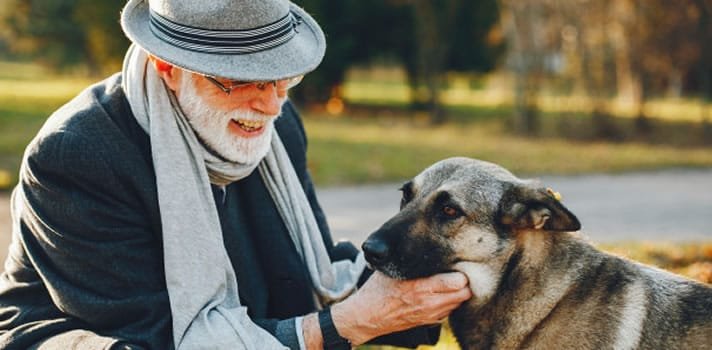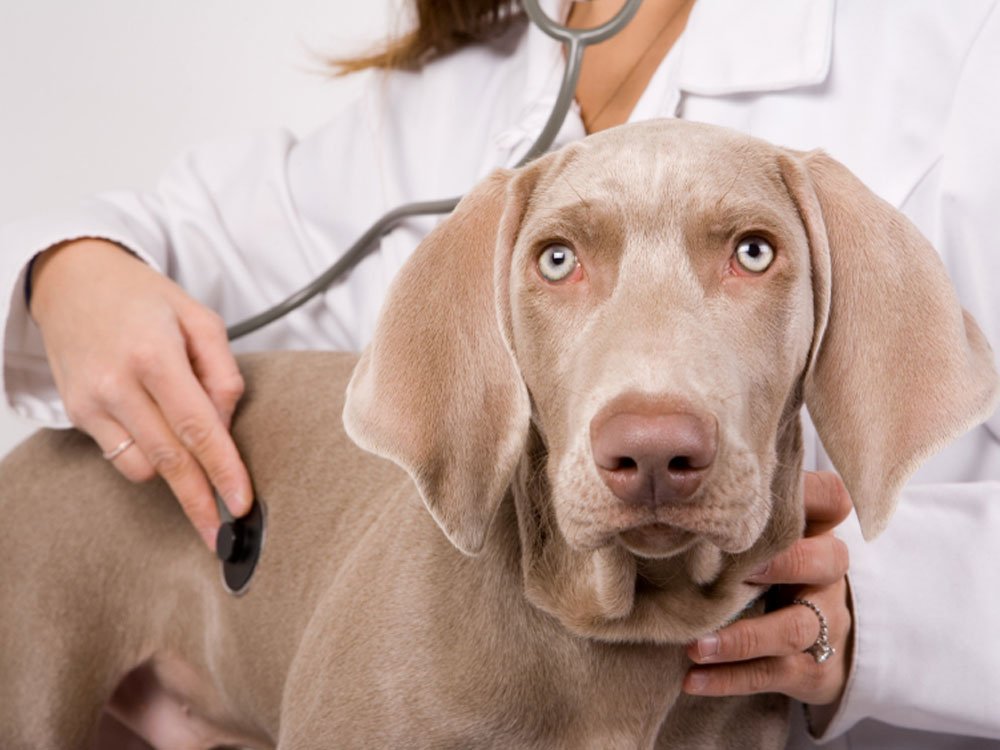For many of us, our dogs are more than just pets — they’re family. They’ve been with us through milestones, comforted us during tough times, and brought endless joy into our homes.
But as the years go by, our beloved companions begin to show signs of aging. Grey hairs appear around their muzzle, they move a little slower, and their once boundless energy begins to fade.
Caring for a senior dog requires a shift in how we approach their health, comfort, and emotional needs. But with the right care and attention, your aging pup can still live a happy, fulfilling life. Here’s how to ensure your senior dog stays as healthy and content as possible during their golden years.
Understanding When Your Dog is Considered “Senior”
Just like people, dogs age at different rates. Small breeds (like Chihuahuas or Dachshunds) often don’t show senior signs until around 10–12 years old, while larger breeds (like Great Danes or Labradors) might be considered senior as early as age 6 or 7. It’s less about a specific number and more about recognizing behavioral and physical changes.
Common signs of aging include:
- Slower movement or reluctance to exercise
- Stiffness or limping, especially after rest
- Cloudy eyes or diminished vision
- Hearing loss
- More sleep, less play
- Accidents in the house
- Noticeable weight gain or loss
Being aware of these signs can help you adjust their care before serious issues arise.

Nutrition: The Foundation of Health
A dog’s nutritional needs change with age. Senior dogs often require fewer calories due to a slower metabolism, but they still need high-quality protein to maintain muscle mass. Look for dog food labeled specifically for senior dogs, which often contains joint-supporting ingredients like glucosamine and chondroitin.
Consider adding supplements if recommended by your vet — omega-3 fatty acids can help with joint pain and inflammation, while probiotics can support digestion.
Also, monitor their weight closely. Obesity is one of the most common (and preventable) health issues in older dogs and can worsen arthritis, heart conditions, and diabetes.
Regular Vet Visits Are a Must
As dogs age, preventive care becomes even more important. Schedule check-ups at least twice a year. These visits allow vets to detect early signs of issues such as kidney disease, heart conditions, arthritis, or cancer — all of which become more common in senior dogs.
Annual bloodwork, dental exams, and urinalysis are particularly important. Early detection often means more treatment options and better outcomes.
Exercise: Gentle, But Consistent
Senior dogs may not chase tennis balls for hours like they used to, but they still need daily movement to keep their joints flexible and maintain a healthy weight.
Opt for shorter, more frequent walks rather than one long outing. Swimming is also a fantastic low-impact exercise that’s easy on their joints. Just be mindful of extreme weather — older dogs are more sensitive to both heat and cold.
If your dog starts to show signs of discomfort or reluctance to move, it might be time to consult your vet about pain management options.
Make Their Home Life Comfortable
Senior dogs can benefit greatly from a few home adjustments:
- Orthopedic beds: These provide support for aging joints and bones.
- Non-slip rugs or mats: Slippery floors can lead to injury or make them hesitant to move around.
- Ramps or stairs: Helpful for getting onto beds, couches, or into cars.
- Elevated food and water bowls: Reduce strain on their neck and back.
Pay attention to lighting too — dogs with declining vision may benefit from night lights or keeping furniture in the same position.
Mental Stimulation Matters, Too
Cognitive decline (sometimes called “doggy dementia”) is common in older dogs, but mental stimulation can slow its progression. Keep their minds sharp with:
- Puzzle toys
- Gentle training sessions (yes, old dogs can learn new tricks)
- Scent games or “find the treat” activities
- Short social visits or calm walks in new places
Routine is also comforting for senior dogs. Try to keep feeding, walking, and sleeping schedules consistent.
Be Patient, Be Present
Perhaps the most important thing your senior dog needs is you. As their senses fade and their bodies slow down, they’ll rely more on the emotional connection they’ve always had with you.
Be patient when they can’t hear you calling, or when they take a little longer to get up the stairs. Offer gentle affection, soothing words, and plenty of time to just be with you.
Sometimes, simply lying beside them, stroking their fur, and letting them know they’re safe is the best medicine there is.
Final Thoughts
Watching your dog grow old isn’t easy — but it’s also a deeply meaningful time. These years, though quieter, can be some of the most rewarding. With proper care, love, and understanding, your senior dog can enjoy their golden years with dignity, comfort, and happiness.
They’ve spent their life giving you their best. Now it’s your turn to return the favor.




